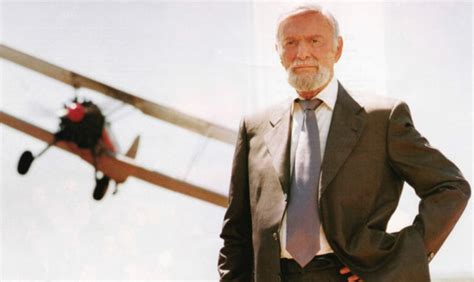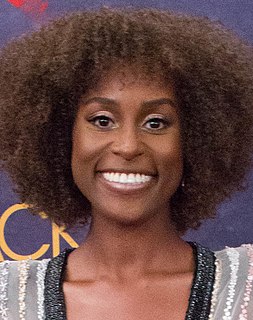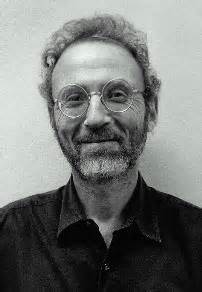A Quote by Madeleine L'Engle
Stories have a richness that goes way beyond fact. My writing knows more than I know. What a writer must do is listen to her book. It might take you where you don't expect to go.
Related Quotes
My writing knows more than I know. What a writer must do is listen to her book. It might take you where you don’t expect to go. That’s what happens when you write stories. You listen and you say ‘a ha,’ and you write it down. A lot of it is not planned, not conscious; it happens while you’re doing it. You know more about it after you’re done.
Entertain, yes. That goes without saying. But a good writer does that automatically, it's built into the machine. Telling a thumpingly good, mesmerizing story is what one does without question. But beyond that, any writer worth his/her hire knows that all writing, one way or another, is subversive. It is guerrilla warfare against the status quo.
You have to understand that people feel threatened by a writer. It's very curious. He knows something they don't know. He knows how to write, and that's a subtle, disturbing quality he has. Some directors without even knowing it, resent the writer in the same way Bob Hope might resent the fact he ain't funny without twelve guys writing the jokes. The director knows the script he is carrying around on the set every day was written by someone, and that's just not something that all directors easily digest.
Go where the pleasure is in your writing. Go where the pain is. Write the book you would like to read. Write the book you have been trying to find but have not found. But write. And remember, there are no rules for our profession. Ignore rules. Ignore what I say here if it doesn't help you. Do it your own way. Every writer knows fear and discouragement. Just write.The world is crying for new writing. It is crying for fresh and original voices and new characters and new stories. If you won't write the classics of tomorrow, well, we will not have any.
It's insane to be a writer and not be a reader. When I'm writing I'm more likely to be reading four or five books at once, just in bits and pieces rather than subjecting myself to a really brilliant book and thinking, "Well what's the point of me writing anything?" I'm more likely to read a book through when I take a break from writing.
Good writing, in my opinion, is writing that looks really easy, so easy that a person who has never written more than a grocery list might convince themself that they could also write a book. That being said, it's always a lot of work, as you know. And then there's this: you have no idea how many failed stories and novels I've attempted. I have files full of stories that didn't work for whatever reason.
When I'm writing, I'm thinking, "Well, this might be a book that I'll always be happy with, and certainly readers will be happy with." But another part of me knows that when I'm past the stage of writing, the book is gonna have good things about it, bad things about it - probably more bad than good. I just know that. That's who I am.
... The Book is more important than your plans for it. You have to go with what works for The Book - if your ideas appear hollow or forced when they are put on paper, chop them, erase them, pulverise them and start again. Don't whine when things are not going your way, because they are going the right way for The Book, which is more important. The show must go on, and so must The Book.
There are innumerable writing problems in an extended work. One book took a little more than six years. You, the writer, change in six years. The life around you changes. Your family changes. They grow up. They move away. The world is changing. You're also learning more about the subject. By the time you're writing the last chapters of the book, you know much more than you did when you started at the beginning.
About a year after (my stories began being published), magazine editor George Scithers, suggested to me that since I was so new at being published, I must be very close to what I had to learn to move from fooling around with writing to actually producing professional stories. There are a lot of aspiring writers out there who would like to know just that. Write that book.SFWW-I is that book. It's the book I was looking for when I first started writing fiction.
I started writing the book without realizing I was writing a book. That sounds stupid, but it's true. I'd been trying and failing to make a different manuscript work, and I thought I was just taking a break by writing some short stories. I'm not a very good short story writer - the amazing compression that is required for short stories doesn't come easily to me. But anyway, I thought I'd try to write some short stories. And a structure took shape - I stumbled upon it.
I'm looking for a writer who doesn't know where the sentence is leading her; a writer who starts with her obsessions and whose heart is bursting with love, a writer sly enough to give the slip to her secret police, the ones who know her so well, the ones with the power to accuse and condemn in the blink of an eye. It's all right that she doesn't know what she's thinking until she writes it, as if the words already exist somewhere and draw her to them. She may not know how she got there, but she knows when she's arrived.





































